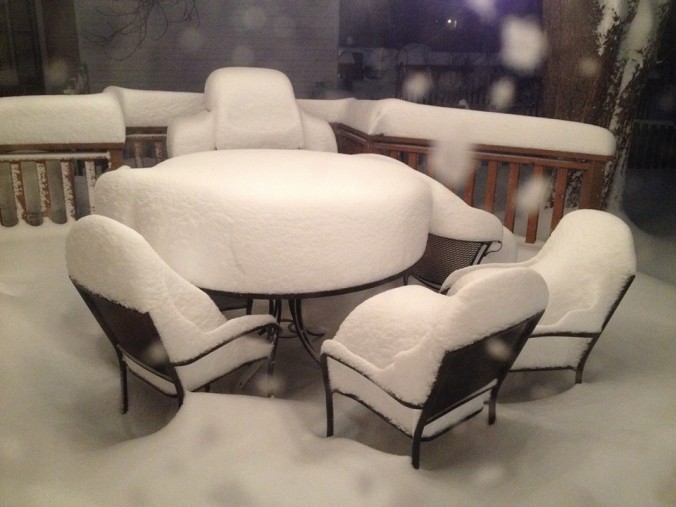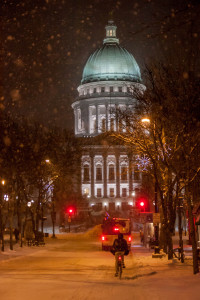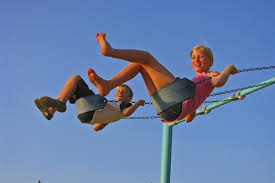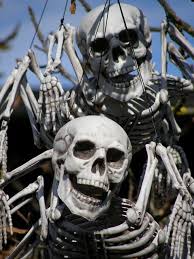When my ex-husband moved out he didn’t want to take anything that was ours. He also left large things that were his. His dining room table. His treadmill. Like a refugee, he left with the things he could carry. For months I was finding things that he forgot – books on shelves and clothes in the laundry.
I hate the treadmill. It mocks me whenever I walk by it. It’s an exercise deterrent. It’s big, ugly and loud. It’s the machine equivalent of the guy at the gym who grunts and sprawls across the mat intended to be shared. I never used it. I wanted him to take it. He insisted he didn’t have room. No, he didn’t want to store it. He thought maybe I would want to use it. (Was that a crack about my weight? He had always appreciated my curves).
I was jealous that he could make a clean break. A fresh start. A do-over. I was left to clean up the pieces. Dissolve the bank accounts, forward his mail, change the answering machine. He got to pretend our marriage was a bad dream. I had to stumble over the artifacts of our life together.
I put the photo albums and hanging pictures in a closet. I threw out the random socks that had been mixed in with mine. I gave his dining room table to our church rummage sale.
When you’ve been wounded and the pain makes it hard to even breath, it’s tempting to purge everything so that there’s nothing that sits on your heart when you look at it. But the ink drawings over the fireplace are from our trip to Seattle when we got engaged. The Greek tablecloth is from our honeymoon. His mother purchased the delicate creamer and sugar bowl when she visited him in Ireland, where he lived for a year in his 20’s. A few years back, he and I drove circumference of the Irish isle. Those are good, if complicated, memories.
I was planning to sell the treadmill but then I used it last week. It was handy when I didn’t have time to get to the gym for a full work out. I huffed a prayer of thanks and forgiveness to him in my head for leaving it.













Recent Discussions